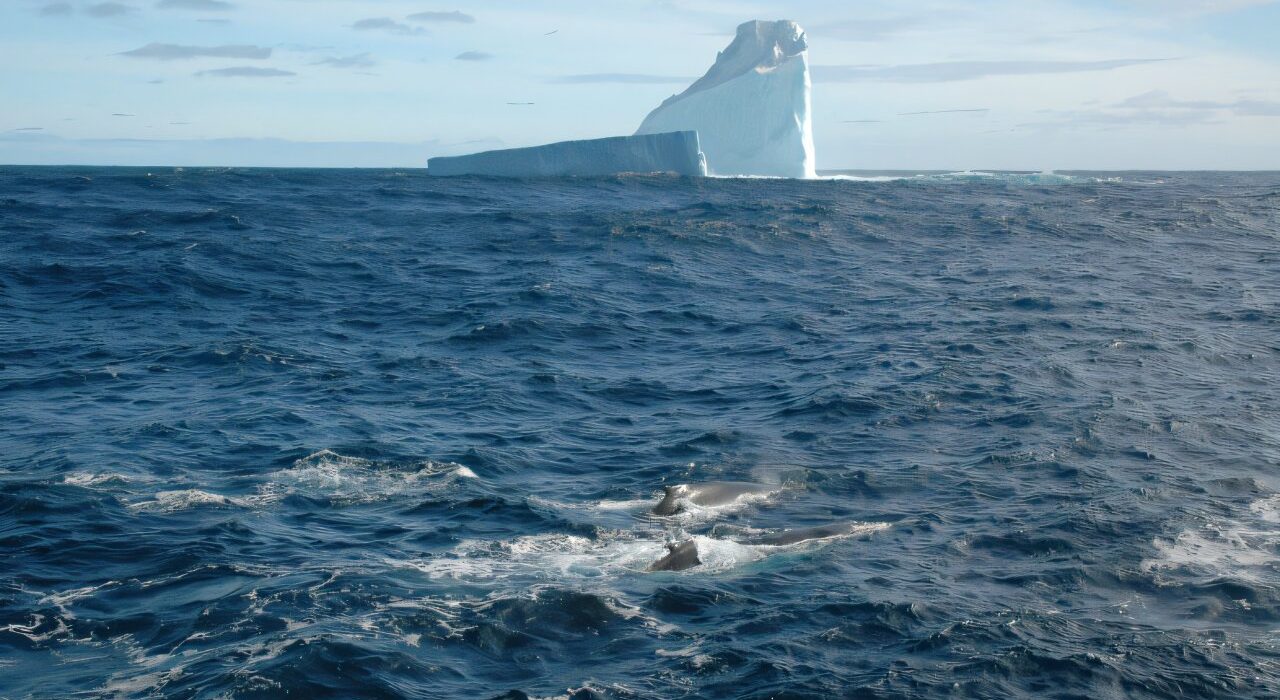Modern energy storage relies heavily on rechargeable batteries, which power everything from electric cars to portable electronics. Lithium-air batteries (Li-O₂) have long been considered a game-changer among new battery technologies because of their extraordinarily high theoretical energy density. However, their real-world application has been hampered by practical issues such their [...]










